In today's fast-paced world, children should understand that learning doesn't only happen within the classroom. The learning that happens inside the classroom can be applied to different situations in life, provided there is a purpose behind it. Non-academic activities done outside of the classroom can be powerful tools to enhance learning, foster creativity, and develop essential real-life skills that can be transferred across various domains.
Playing puzzles, board games, or card games can help develop problem-solving abilities, visual processing, visual tracking, and visual memory skills, which are key skills that underpin reading and writing. Children may not even realize they are learning while engaging in what may seem like a fun game to them.
What are non-academic activities that can be done at home to support and enrich the learning process?
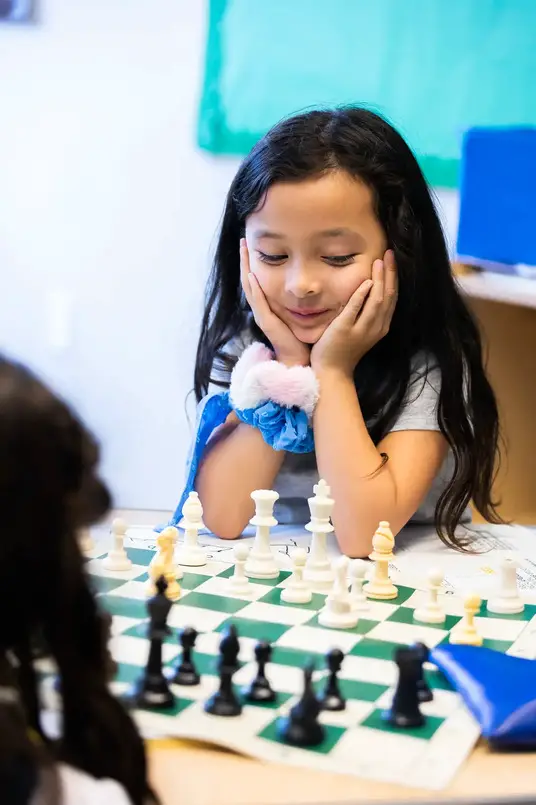
- Puzzles and Brain Games: Activities such as jigsaw puzzles, sudoku, word searches, and logic puzzles challenge the mind and help develop problem-solving abilities. These activities can help develop skills like visual processing, visual tracking, and visual memory, which are essential for reading and writing.
- Board or Card Games: Using dice or playing cards can help children see the value of numbers in different contexts and develop the skill of subitizing, i.e., recognizing the number of items in a small group instantly without counting them one by one. Playing games where they have to move spaces also develops the skills of estimating and strategic thinking.
- Cooking and Baking: Measuring ingredients, following recipes, and experimenting with flavors and techniques are all valuable skills that cooking and baking can teach. These activities allow children to apply their Math skills and recognize the importance of writing accurate instructions, which is a skill they practice in English.
- Storytelling: Reading a variety of stories or having them read aloud helps children be exposed to a wide range of language and vocabulary. Retelling a story using toys or objects at home allows them to practice using language in context, demonstrate their comprehension of a story, and add their creative spin! Understanding of story structure can also be developed by using toys and imagination to create original stories. Children can then explore developing stories that have a beginning, middle, and ending.
- Writing: Writing, whether through journaling, storytelling, or poetry, can enhance language skills, encourage self-reflection, and serve as a creative outlet. Even writing a shopping list, a postcard, or a birthday card can help children practice their letter formation, presentation, and sentence structure in a less pressured environment.
- DIY Projects: Tinkering with DIY projects can install practical problem-solving skills and boost confidence. Building an object with a particular purpose, such as a bridge or a marble run, allows children to evaluate and adapt designs and develop resilience.
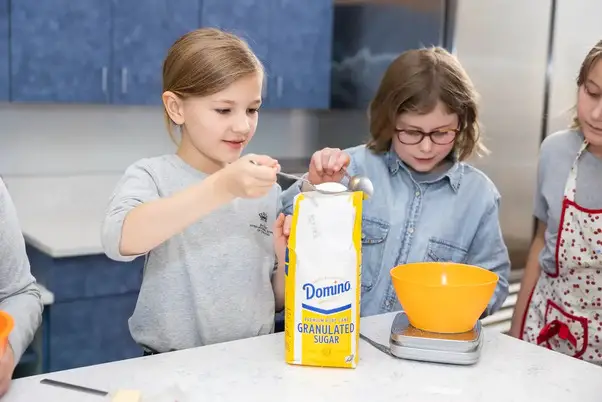
All of these ideas can complement the learning being done in the classroom. They encourage a love for learning, curiosity, and the ability to adapt to new challenges. They can also lead to lifelong hobbies and passions! Learning extends far beyond the classroom, and non-academic activities can play a pivotal role in overall development. These activities foster creativity, critical thinking, emotional intelligence, and practical life skills.
Year 2 Teacher & Head of Phase 1



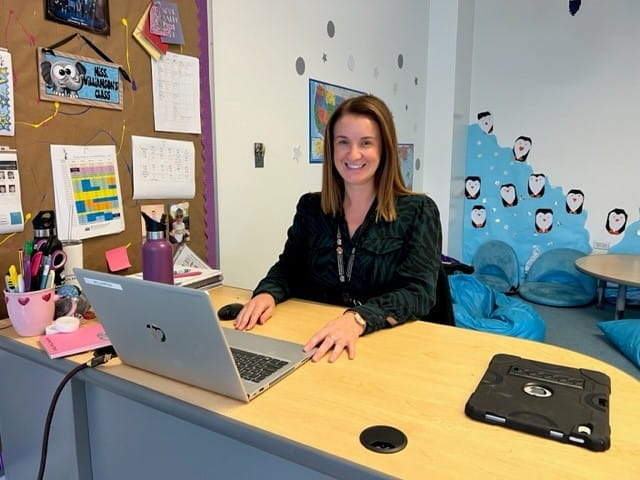
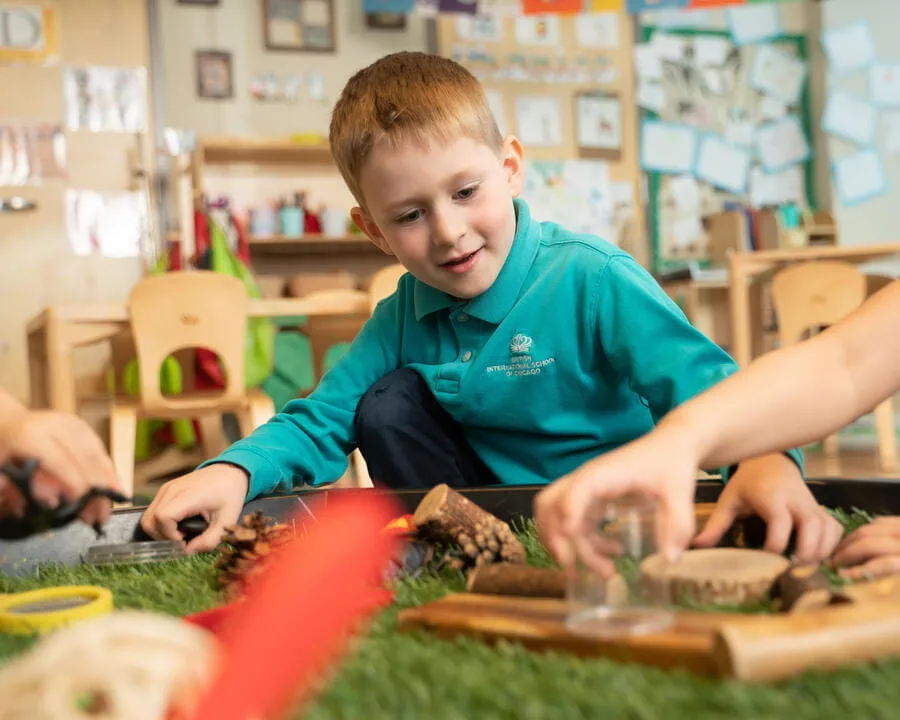


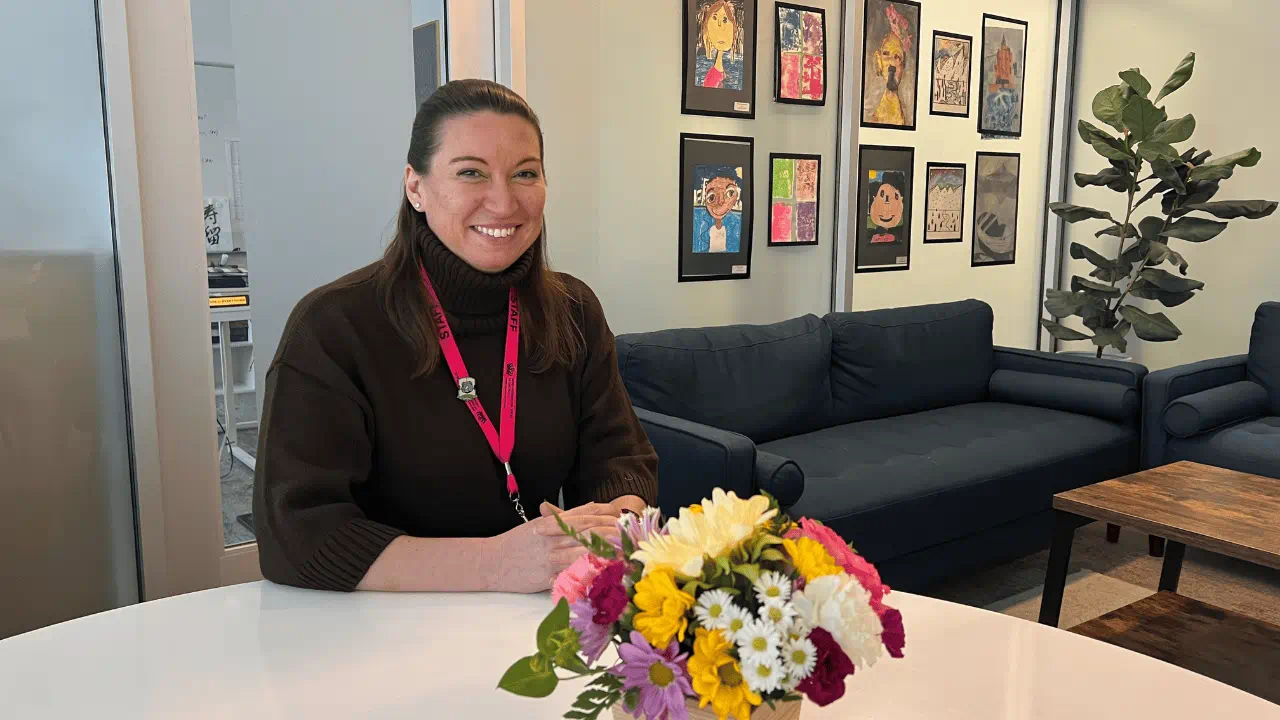
.png?h=720&iar=0&w=1280&rev=090f6aaff5c74988877e2316da2721d6&hash=9F6607FE7CEF7D53B17FB2A670C742F3)
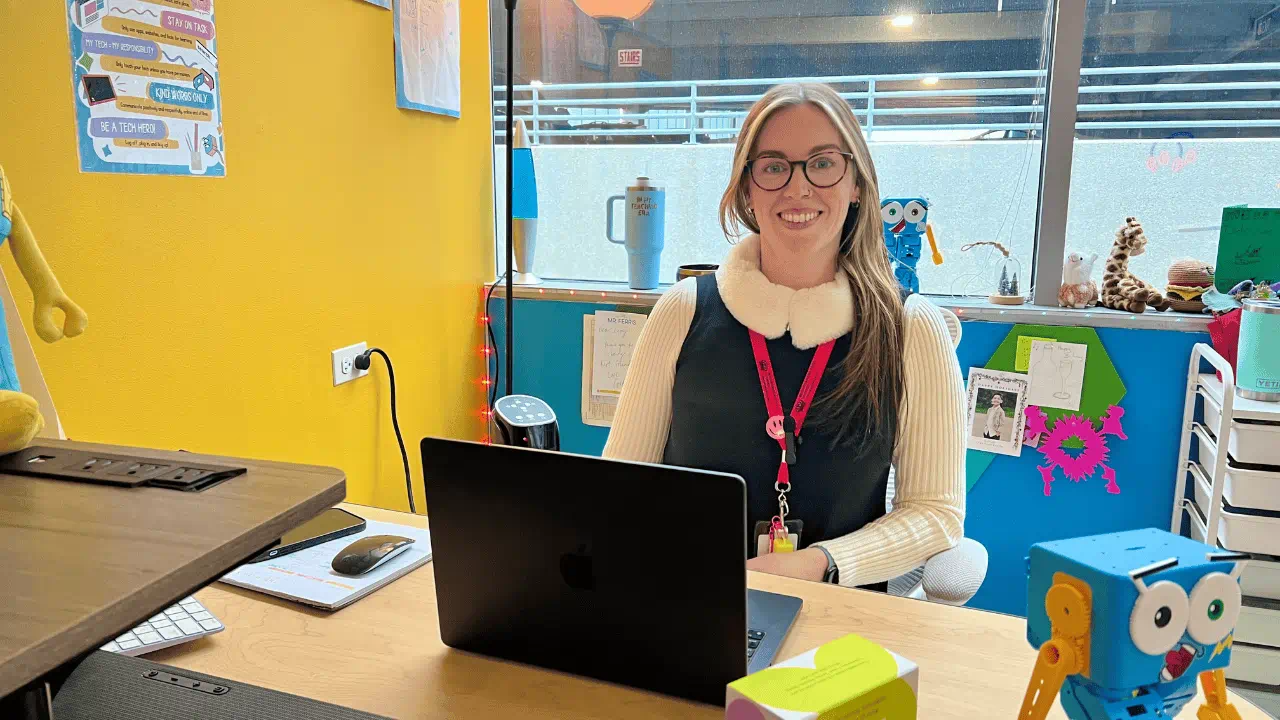
.png?h=720&iar=0&w=1280&rev=2320179e8a134c80a30f57aa0014926d&hash=C88687BFC84BE1EAFF593CD797B94013)